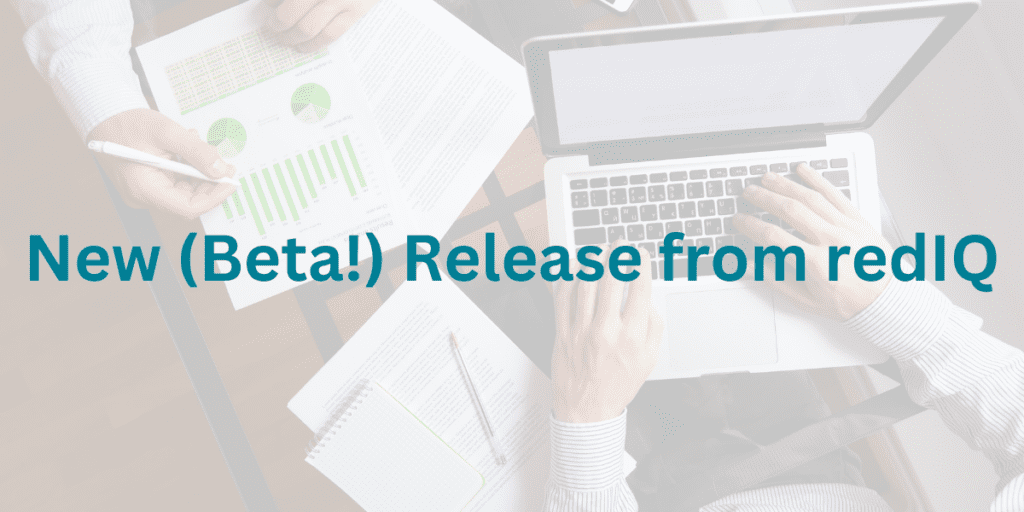New from redIQ: Aggregate Expense Data

Aggregate expense data (beta) is now live in redIQ!
In multifamily real estate, aggregate expense data plays a crucial role in understanding markets and empowering stakeholders to make informed decisions. In a first-of-its kind release, redIQ now provides its users with aggregated expense data. This beta release marks the first of three components that will collectively be known as Market Comps Data, which will also include revenue and occupancy data.
Our users—investors, brokers, and lenders—can use this data to make sense of new multifamily markets and to benchmark and verify their assumptions. In this blog post, we will explore how users can leverage aggregate expense data in redIQ to enhance their processes and drive better outcomes.
Below, you can learn more about how multifamily professionals can get value from this release.
The Value of Aggregated Expense Data
Make Informed Comparison Decisions
Users can leverage this data to assess their overall market performance. This helps them identify opportunities, compare them, and make data-driven decisions when evaluating potential investments.
Update Preset Assumption Sets
Users can refine their preset assumption sets based on real-world market averages. This ensures that their financial projections and underwriting processes are grounded in reliable data, reducing friction, and improving accuracy.
Benchmark Against Market Performance
By comparing their portfolio of properties against the aggregate expense data, users can identify areas for improvement and optimize their property’s performance. This presents opportunities to increase revenue by decreasing expenses, ultimately enhancing the property’s value.
Real World Use Cases
To provide a clear understanding of the practical applications of aggregate expense data, let’s consider potential use cases:
Example 1: An Investor
- A seasoned investor at a small boutique investment firm out of San Antonio, looking for potential multifamily investments can leverage aggregate expense data to evaluate the financial viability of properties. By analyzing the market and comparing performance metrics, they can make data-driven investment decisions and estimate potential returns.
Example 2: A Broker
- An investment sales broker in Seattle uses redIQ to assess overall performance of assets in a given market. This information helps them identify potential investment opportunities, evaluate property values, and make informed recommendations for investment strategies to their interested clients.
The Net
Aggregate expense data presented by redIQ’s Market Comp Data feature (beta) offers crucial information at the market/city level and submarket data for some major markets. This data provides critical information, giving you a holistic view, created by compiling and analyzing data from a multitude of properties within a specific area. This comprehensive range of information provides a more accurate and reliable representation of the market, essential for making an informed acquisition decision or when providing a client with advice.
Get started
Access aggregate expense data (available in beta) in redIQ today! redIQ users can access the data by having their account administrator opt into data sharing. Click here to learn more.
Not a redIQ user? Sign up for a demo below.
Request A Demo
Transform the analysis and underwriting of your multifamily properties.
About redIQ
For over ten years, redIQ has provided a comprehensive and dependable underwriting service for multifamily acquisition teams, brokers, and lenders focused on mid and large-size assets. redIQ’s solutions lead the industry and support the full underwriting process, from standardizing financial documents to producing a final valuation. With our system, analysis takes less time and decision makers can move forward with greater confidence. redIQ users can close more deals, produce better returns, and spend less time worrying about downside.
